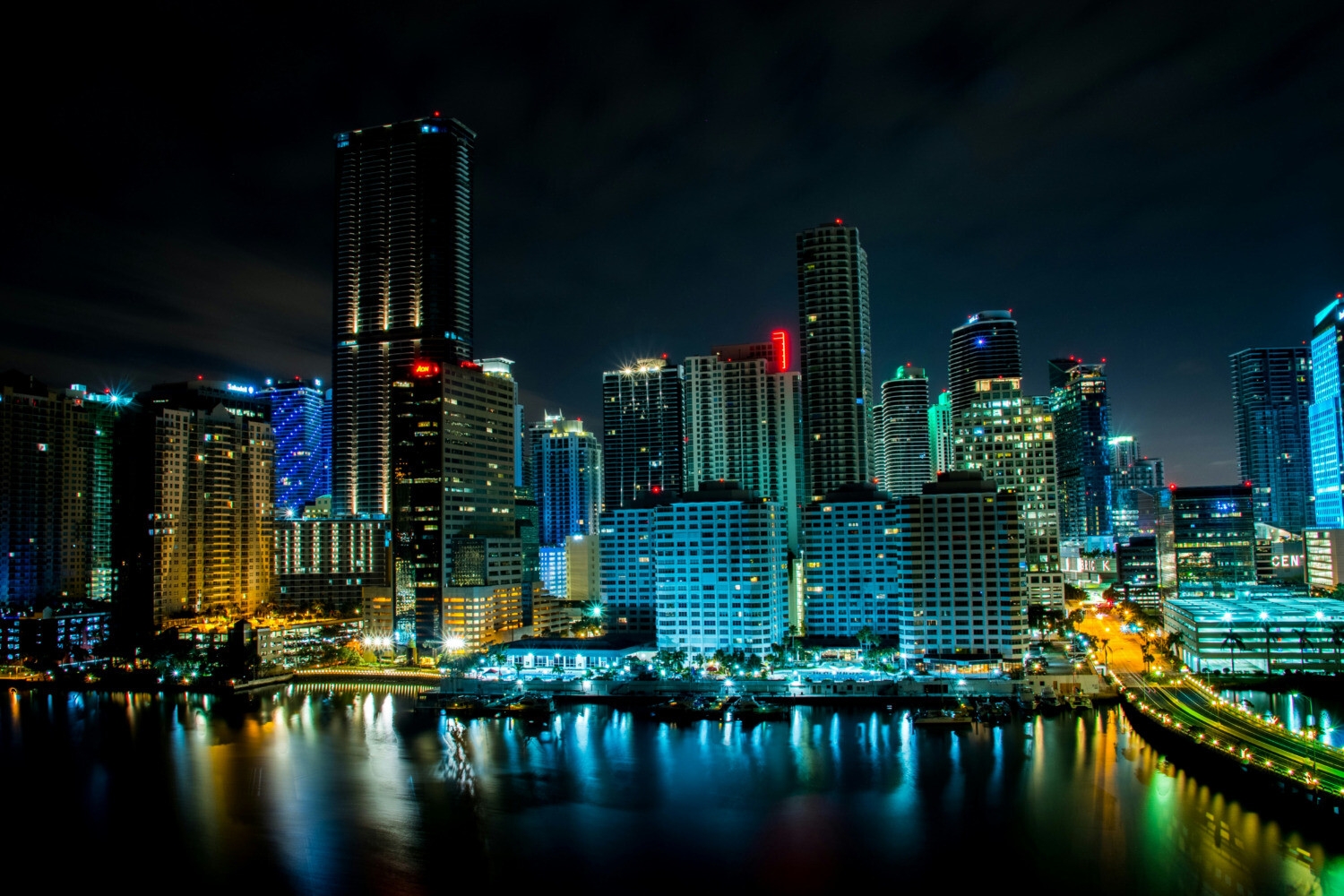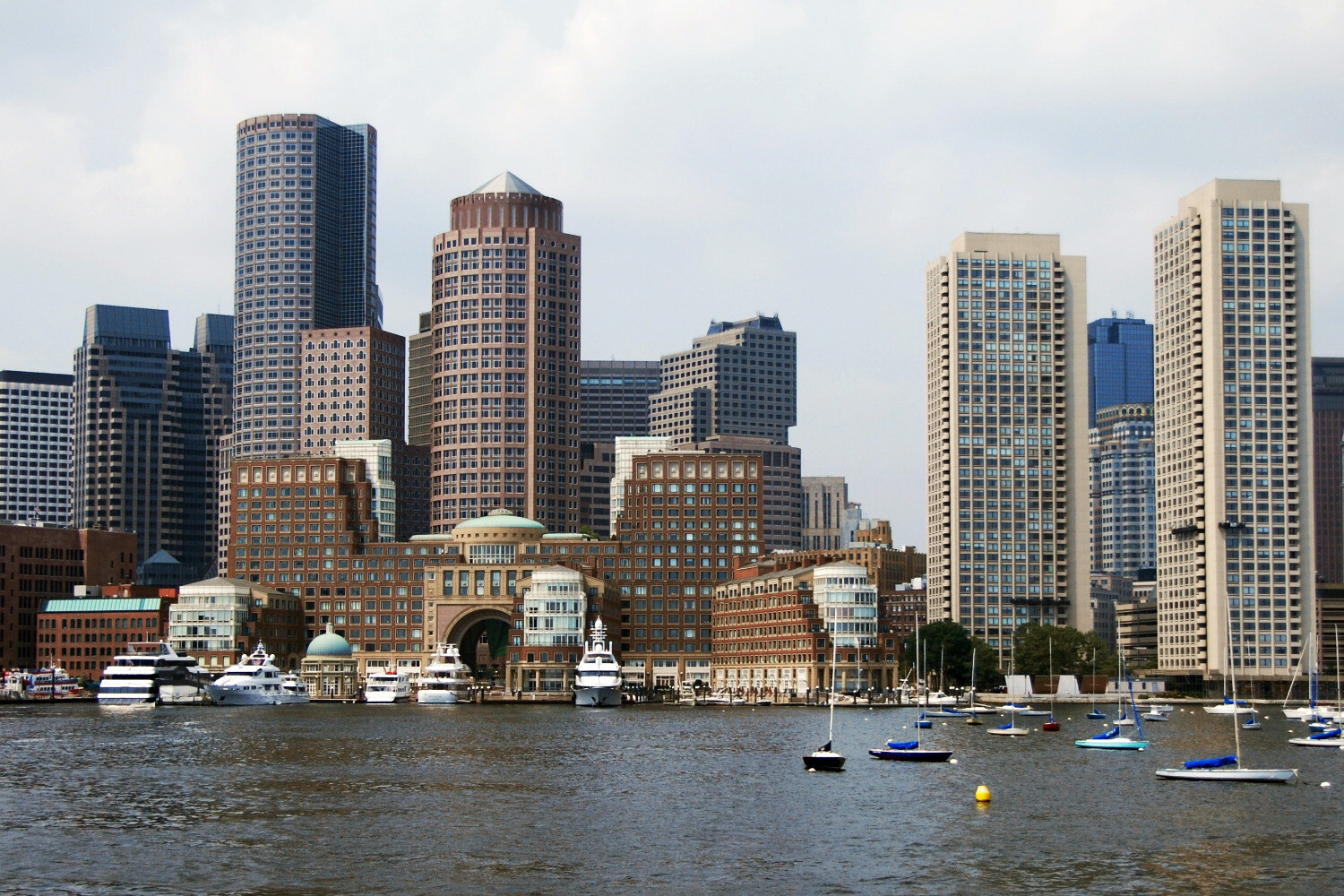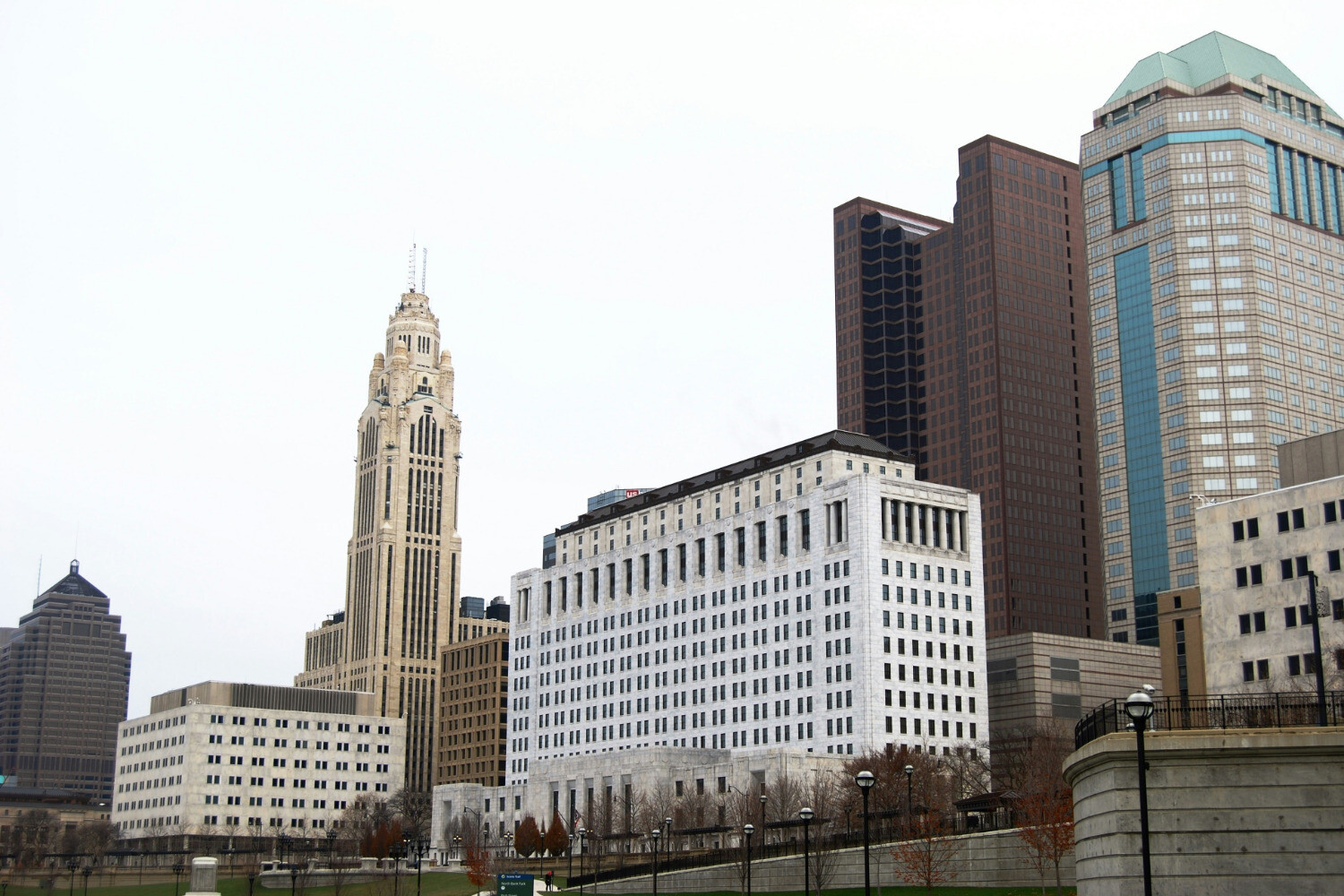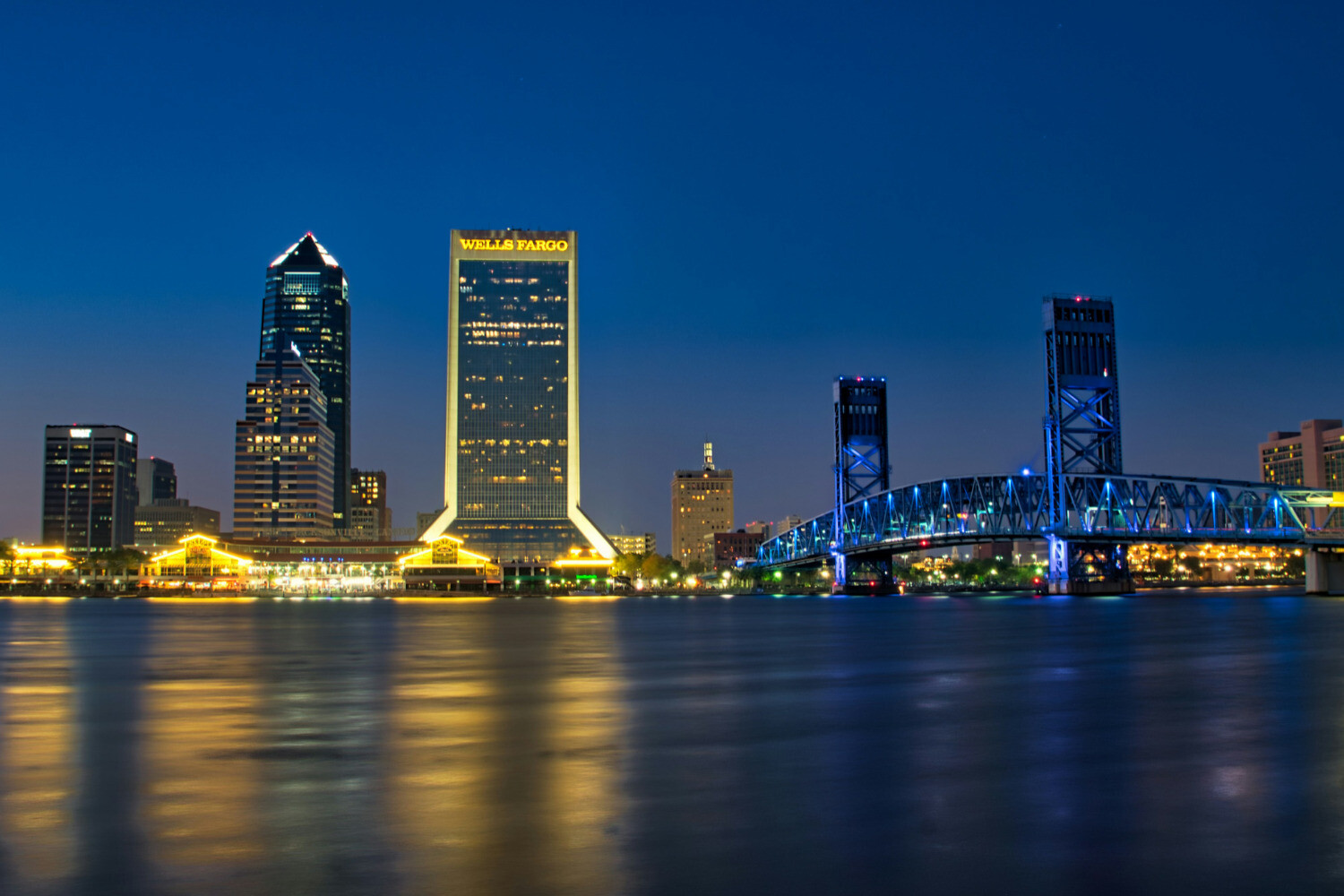11 Things to Consider When Making a Group Hotel Booking For Business

Booking a hotel room for a family of four is usually pretty simple.
Reserving several (perhaps dozens) of rooms for a group of employees can be a somewhat tougher task.
Unless you know what to look for.
Before you send the entire team off for a project, conference, or business meeting, read this. We’re revealing the 11 things to consider when booking hotel rooms for groups!
Table of Contents
1. Special Parking Accommodations
2. Availability of Public Transport
3. Hotel Perks (i.e., Shuttles, Fitness Center)
4. Special Dietary Needs
5. Rooms and Accommodations for Those With Disabilities
6. Access to Free Wi-Fi
7. Check-In and Check-Out Times
8. Proximity to Other Important Locations
9. Safety of the Local Area and Hotel
10. Cleanliness and Sanitation Policies
11. The Cancellation and Payment Policies
1. Special Parking Accommodations
Group business trips don’t always involve black-tie corporate events or investor meetings. Business travel encapsulates any scenario where you’d have to temporarily ship your employees to another destination.
In some industries, like construction, that also means dragging along heavy machinery or massive trucks to complete the project.
Unfortunately, bulldozers, backhoes, and 18-wheelers don’t always fit in hotel parking lots. There’s also the concern of maximum clearance when maneuvering underground parking garages.
Parking availability is another top concern, whether you're booking at a Best Western, Hyatt, or Hilton.
With limited on-site parking, many hotels cap the number of parking spots they allot to each booked room, averaging about 1.24 spaces.
What do you do?
That depends — does the project or trip depend on bringing large-scale vehicles along?
If so, center your search around hotels with special parking accommodations for big rigs and work trucks. That could include an industrial lot out back or a nearby lot owned by the hotel.
Hotels in more suburban or rural areas may also have empty side streets that allow truck parking.
Of course, verify these accommodations before booking. The last thing you want is to receive a bill from a towing company or an impound lot.
We can help you find the best rates on the best hotels for your next business trip (we even offer a filter when searching for truck parking!). Learn more on our Groups page.
2. Availability of Public Transport
Here are two important questions to ask yourself before booking a group travel reservation:
- How are our employees getting to and from the hotel?
- Once they arrive, where else will they need to go?
Rideshare services like Uber and Lyft aren’t the most economical choice. Those that do offer group rides, like UberXL, only seat up to six per vehicle.
In highly populated areas, rideshare is a great backup plan for small groups.
But public transport is the most affordable and efficient way to send large groups on work trips. That includes light rail lines, subways, buses, trolleys, or even ferries.
Now, scheduling around public transportation requires a little pre-planning on your part.
First, you need to choose the best hotel within a reasonable walking distance of the bus stop or train terminal (1–10 blocks).
Second, you need to confirm that any destinations scheduled during the trip are also nearby a station.
If employees are traveling by airplane, is there a free shuttle service to the hotel? Or can they walk to the nearby rail station to get to the hotel?
Your entire project will go smoother if your team members have an easy way to get to and from the hotel and around the city.
3. Hotel Perks (i.e., Shuttles, Fitness Center)
While the name implies otherwise, business trips don’t have to be strictly business. A hotel with plenty of amenities will make your team’s stay much more enjoyable.
Most employees probably wouldn’t complain about a three-night business getaway at a hotel with these amenities:
- An indoor or heated pool
- A fitness center
- Continental breakfast
- Free coffee
- Daily room service
- An on-site restaurant or cafe
- Complimentary toiletries
- Concierge services
Of course, the hotel perks don’t all have to be rooted in luxury — amenities can also be for budgetary convenience.
For example, airport shuttles, on-site parking, meeting spaces, and wake-up calls can all help your employees to be more productive during their stay.
Related: 7 Underused Hotel Services
4. Special Dietary Needs
On-site restaurants, cafes, buffets, and lounges aren’t new in the hotel industry. Often footsteps away from guest rooms, these dining options offer a tasty bite and a place for employees to socialize after hours.
However, with each passing year, more and more adults are adopting special diets. In fact, in 2018, 17.1% of all adults didn’t follow a traditional diet. Statistically, for groups larger than six, at least one employee will do the same.
Before booking lodging accommodations, ask your team members about their unique dietary habits.
Do it through an anonymous survey if you’d prefer, but ask them to notify you if they follow a specific diet:
- Gluten-free
- Vegan
- Vegetarian
- Lactose-free
- Kosher
- Low-sodium
- Ketogenic
- Diabetic
Then, narrow down the hotel search to those listing these alternative options on their menus. Or, for larger groups with a variety of dietary considerations, check that nearby diners or restaurants can fulfill their needs.
Of course, the entire group doesn’t always have to dine together. However, to make for a more pleasant travel experience, ensure that all employees have a decent selection of dining options.
5. Rooms and Accommodations for Those With Disabilities
According to the CDC, 26% of American adults live with a disability.
Federal laws require employers to provide reasonable accommodations for employees with disabilities. The ADA holds hotels and other public places to the same standards.
Keep in mind that hotels built before 1993 may have looser requirements. These hotels might not have rooms or common areas with the following accommodations:
- Shower seats
- Wide doorways
- Transfer lifts
- Wheelchair-accessible ramps
- Elevators
- Grab bars
- Raised toilets
- Lever handles
- Parking tags
Ask the hotel manager which accommodations the facility provides or how many ADA-accessible hotel rooms they offer. These questions will guarantee that all employees have their needs met and that you abide by federal and state laws.
6. Access to Free Wi-Fi
Free Wi-Fi isn’t just convenient — in some industries, being “off the grid” will make working nearly impossible.
Do employees need to send emails, create legal documents, or invoice clients while on the trip?
Are you hosting a conference at the hotel where attendees may project a slideshow to an audience?
If so, hotel-provided Wi-Fi is non-negotiable.
Of course, the Wi-Fi speed and connection are other factors worth considering.
For example, Zoom calls require download speeds of 1.5 Mbps to avoid choppy video or dropped calls. Some software also requires an uninterrupted internet connection, and disconnecting could halt productivity.
So, if your job depends on a strong internet connection, you may want to ask the hotel some questions about their Wi-Fi:
- Does it work in all rooms, or only in common areas of the hotel?
- Do the hotel rooms offer ethernet ports?
- Is it a secure network, or would workers need a VPN?
- How fast is their internet speed?
The average complimentary hotel Wi-Fi download speed is 8.68 Mbps. Use that as your baseline when comparing hotel Wi-Fi availability, especially if your company relies on a stable internet connection while on the go.
7. Check-In and Check-Out Times
One of the hidden perks of some hotels is the freedom to check in earlier or check out later than the listed times.
Not all hotels do this, but it can be a huge bonus if your scheduled events or flights fall outside of normal hours.
Does the initial flight land at 7 A.M.? Will the investor meeting or daily work drag on past 5 P.M.?
If so, choose a group reservation with less strict check-in/out times. Otherwise, the usual 2–3 P.M. check-in and 10–11 A.M. check-out will work fine.
8. Proximity to Other Important Locations
Here’s one of the most important group booking tips we have:
Location, location, location!
For trips to bustling cities like San Francisco, Los Angeles, or New York City, finding a hotel within walking distance of the main destination is easy.
To name one example, Miami-Dade in Florida has over 460 hotels to choose from!
But while booking suites a taxi ride away from the nearby business center is a good idea, don’t forget that your employees won’t be on the clock 24/7.
Think about their daily downtime, evenings, and even emergencies.
Whether it’s a block down the road, a few subway stops away, or a 15-minute train ride from town, choose a hotel nearby the following:
- Restaurants (even more so if your employees have special dietary concerns)
- Leisure areas, like parks, movie theaters, concert halls, or museums
- Shopping areas
- Convenience stores and fast-food restaurants
- Hospitals, pharmacies, or urgent care facilities
- Public transportation hubs
There’s nothing scarier than feeling stranded in a city you’re not familiar with, so make sure employees have everything they need within a reasonable distance.
You may want to hand out local travel pamphlets to help the comfort factor, too.
We’ll help you find a hotel that’s conveniently located and meets all your needs. Save up to 60% on group hotel rates!
9. Safety of the Local Area and Hotel
Hotel properties are generally safe, but that doesn’t mean the surrounding community is 100% crime-free. “Safety” can mean plenty of things when making room rentals.
Is the local area known for theft, robbery, or assault after daylight?
If so, choose a boutique hotel with enough amenities that employees won’t have to venture too far.
And if you’re bringing along expensive equipment for construction, energy, or manufacturing, you may want to reconsider the location entirely.
On-site security measures should also rank high on your list.
- Does the hotel have secure keycard locks and chains on the doors?
- Are there security cameras in and around the building?
- Does the hotel have security guards to keep guests safe?
Sometimes, it’s better to book a hotel a few bus stops away from the work or meeting site than to risk employee safety.
Related: Full Guide to Trip Risk Assessments for Employee Safety
10. Cleanliness and Sanitation Policies
Although most hotel chains offer daily housekeeping, extended-stay hotels may clean rooms every 3–5 days.
Some hotels are also intentionally shifting away from daily cleanings and complimentary toiletries.
For some guests, these sanitation policies are “nice to have.” For others, not having them could put their lives in serious danger, especially for employees who are immunocompromised and traveling during the height of flu season.
The frequency of room service can be a huge deal-breaker for group bookings. So don’t just ask how often the hotel cleans its rooms; find out how much they value cleanliness.
Do they vacuum, dust, wipe down surfaces, and change bed sheets daily? Or only on a guest’s request?
Remember that contagious viruses spread rapidly in large groups. A hotel with strict sanitation policies may save your company several sick days while putting employee safety first.
11. The Cancellation and Payment Policies
Nobody schedules a group trip with the intention to cancel it before the crew’s scheduled arrival date.
Yet, weather determines a project’s pace in some industries, and business meetings change locations and times by the hour. A trip may also be called off if the airline cancels the flight in the days leading up to the journey.
Group hotel reservations often come with a 15–30% discount on rooms, but it’s still a considerable investment for the company. That’s why it’s essential to familiarize yourself with the hotel’s cancellation and payment policies.
Will the hotel charge your company credit card if you cancel on short notice (24–72 hours before arrival)? Or, does the hotel consider all rooms non-refundable?
Some hotels offer a full refund if you cancel by a certain date. So, if you think there’s a chance of cancellation or rescheduling, choose one of those hotels. You can also book through a solution like Hotel Engine with dedicated, 24-7 member support, who can work on your behalf to cancel unneeded reservations and advocate for a refund.
Here are some other articles you might find helpful:
How to Write and Submit a Hotel RFP | Productivity Hacks for Corporate Travel Managers | How to Adjust Company Mileage Policy for Gas Prices
Conclusion
One of the benefits of booking hotel rooms for groups is securing more affordable group rates and qualifying for special offers.
Use Hotel Engine for your next group booking to save up to 60% on luxury hotels, boutiques, and big-name hotel brands!
Learn more about Hotel Engine:
Features | Pricing | Group Trips | Hotel Partners | About Us









